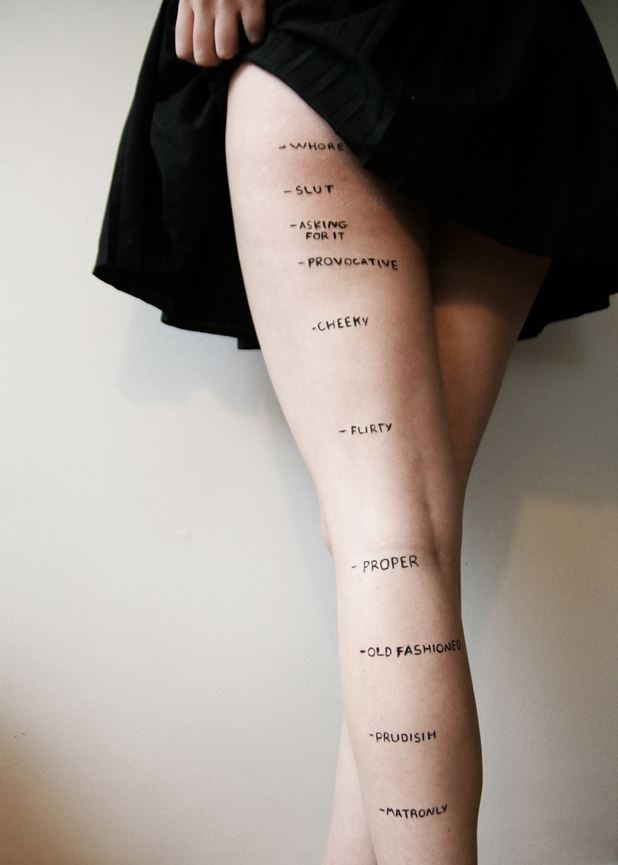So I saw this:
And then I had an argument in my head, with myself. It went something like this.
Yeah, okay, but the people who are against gay marriage are also against 72-hour farce marriages. It's not like traditional marriage people are totally cool with Kardashian.
But they aren't trying to make farce marriages illegal. There's not a huge movement to get rid of no-fault divorce. Besides, forget the 72-hour strawman--about half of all marriages end in divorce. How many people fight against gay marriage that are themselves going to get divorced, getting divorced, or are already divorced?
Well the country is divided on gay marriage. Maybe the people against gay marriage have much lower divorce rates, and the people for gay marriage are also more willing to get divorced.
...Maybe. I'm dubious. Anyway even if the rates varied, I really doubt they vary so much that most of the people fighting for the sanctity of marriage aren't and would never get divorced.
So then I tried looking up divorce rates. I didn't find rates broken down by demographic (though to be fair I didn't look long at all) but I did find
this:
- 36% of Republicans, 58% of Independents, and 66% of Democrats think gay and lesbian relations are morally acceptable (not sure if this means gay marriage or just any gay relationships)
- 60% of Republicans, 69% of Democrats, and 71% of Independents consider divorce morally acceptable.
- 5% of Republicans, 11% of Democrats, and 14% of Independents consider polygamy morally acceptable.
My first reaction is that people who think divorce is fine but gay marriage isn't are hypocrites. But then again I expect that "sanctity of marriage" isn't the only reason to be a traditional marriage proponent, so maybe there are other motivations that allow you to consistently be okay with divorce but not gay marriage.
I can't fathom how you can be okay with gay marriage and not polygamy. If marriage is about consenting adults being with whomever they want, why would numbers be any more of a restriction than gender? That makes no sense to me.
Ultimately, I think people are kidding themselves to think marriage means anything in particular on a societal level. You can get married whether you are in love or not, whether you want (or even can have) kids or not, whether you plan to have sex or not, be monogamous or not, stay together for life or not. And then you're going to turn around and tell me it's super important that only straight people, or only two people, get married?
If we lived in a society where the divorce rate was super low--not because it was illegal but because people entered marriage carefully and worked very hard to preserve their marriages--and if we lived in a society where everyone who got married at least intended to have kids, then I might be open to the whole traditional marriage idea. I don't believe marriage is a right. I believe it's just some institution our society defines how they like, and if our society really defined it as the we-should-mate-for-life-and-make-children, I might feel "Well, that's what marriage is. If you want some other kind of relationship that's fine, but it isn't marriage."
However we don't live in a society like that. On a societal level we don't treat marriage like anything, in particular. Don't get me wrong--on a couple-by-couple basis I think marriage can have very deep meaning. But on a societal level it's just kind of, you know, whatever. And meanwhile I don't think there's anything immoral about being gay, and I just can't see a societal-level reason to allow straight marriage and not gay marriage...and not polygamy, either, by the way.
And, while I'm at it, this is why I don't find the arguments on either side of the gay marriage debate compelling. When I observe society, I don't see marriage treated as a sacred bond to last a lifetime and produce children, so I'm not buying the traditional marriage proponent argument. But I also don't see marriage as a deep, lifelong love connection to whomever you want, either, so I'm not buying gay marriage all-you-need-is-love arguments. This is e
specially true since, apparently, most people who are for gay marriage are against polygamy. I mean,
come on. I'm supposed to take your arbitrary definition of which consenting sexual relationships are legitimate more seriously than everyone else's?
When I think about this I get really irritated that the government recognizes marriage at all, as it seems pretty outdated and a waste of money. BUT, as I've said before, if we're going to pretend the government has any business giving financial incentives for romantic relationships, I don't see an argument for giving them to straight people and not gay people.
So I end up a gay marriage proponent, more out of negation than anything. But there it is. Society should let everyone get married, because marriage doesn't appear to mean anything in particular anyway. Who are we kidding?















